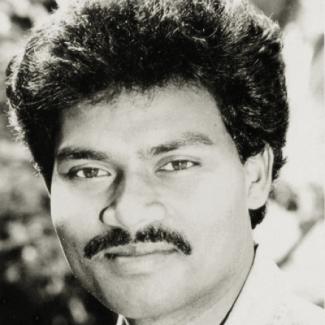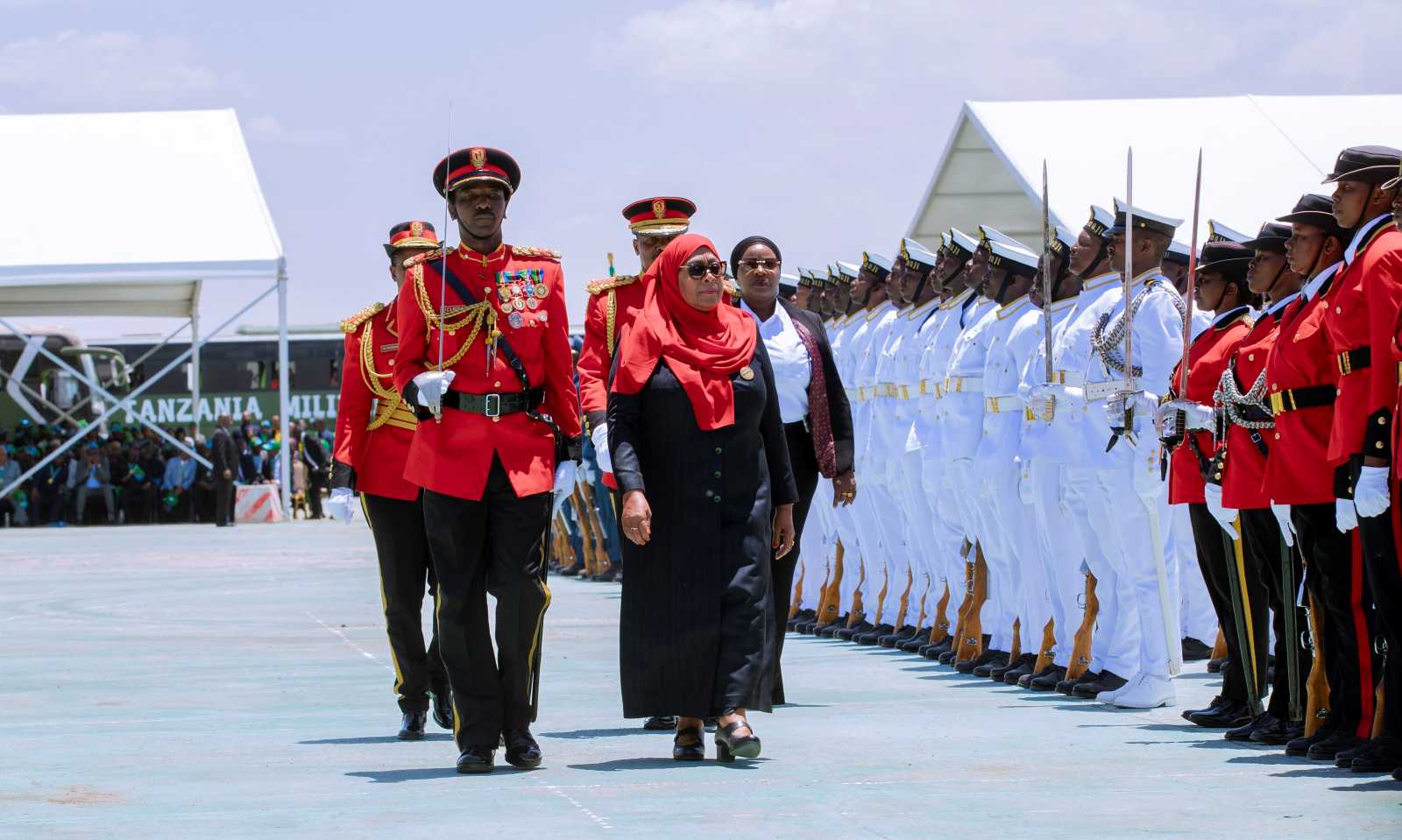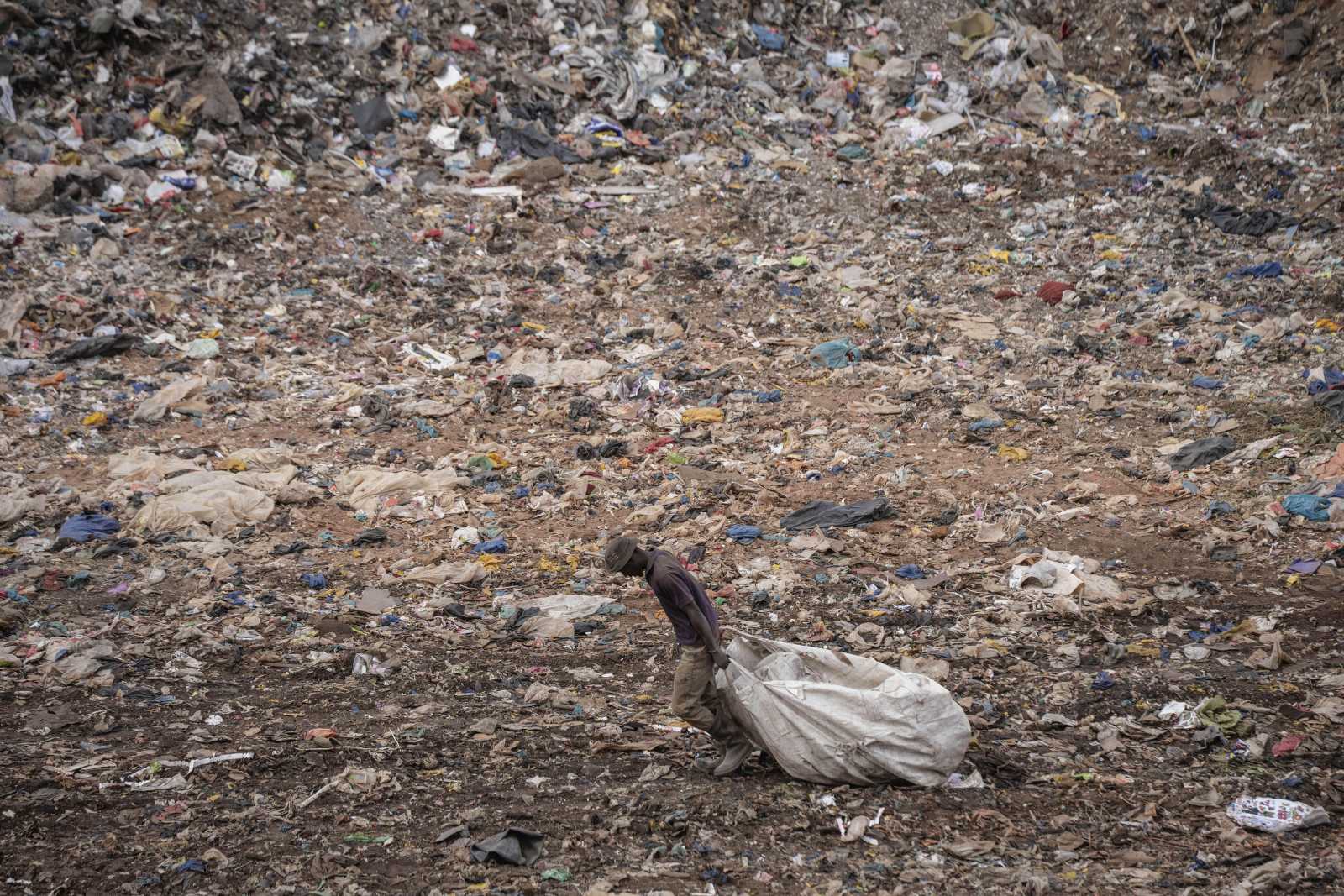Selft-determined village development
Our fate in our hands
By Boro Baski
I work as a teacher and social worker for the Ghosaldanga Adibasi Seva Sangha, a village-based non-governmental organisation. We are devoted to all-round development of the Santal tribe in Ghosaldanga and Bishnubati, two villages in West Bengal. Our main thrust is education, but we also do health care, income generation, bio-farming and cultural activities. Our village houses are made of mud and have thatched roof. Santals constitute one percent of India’s population and are considered one of the least developed Adivasi tribes in India (Adibasi is the Bengali version of Adivasi).
The 175 families with whom we work primarily depend on agriculture, but their fields cannot feed them the whole year. During the lean season, they work on construction sites in the nearby towns of Bolpur and Santiniketan.
The Adibasi Seva Sangha did not start following any pre-planned strategy or conventional development methods. Our activities developed gradually and organically according to the needs of our people. We want to maintain harmony in the village, protect and foster our life-style and improve the rural infrastructure. For instance, we have planted trees along the paths between our villages, so we have shade in the summer sun and firewood for cooking.
We have experienced that the shift from tradition to modernity is loaded with difficulties. It can easily take several generations. We do not want to be overwhelmed. Santal life is moulded by various socio-cultural and religious intricacies. Addressing any single aspect of peoples’ lives is unlikely to improve their living standard as a whole. We therefore have taken a holistic approach, trying to address all relevant aspects of village life.
All our initiatives reflect the rhythm and the abilities of the villagers. For example, we do not only pay attention to our students, but extended it to their families. We know illiterate parents can hardly guide their offspring academically. We have built village-style open classrooms and we stress students’ involvement in campus cleaning. Our approach has been consistent for the past 25 years.
The Adibasi Seva Sangha was founded by a group of young men, of whom I was one. We got advice from Martin Kämpchen, a German writer and scholar who lives in Shantiniketan and helped me and others finish high school. Our greatest achievement, so far, is that we are running our own primary school.
Education
In the past few years, state schools have been improving in West Bengal. Nonetheless, we Santals feel that they are not meant for us, but rather for the Bengali-speaking majority population. Unlike Santals, they are mostly Hindus and Muslims. Santal children have a hard time in government schools. The medium of instruction, the curriculum, the method of teaching and process of evaluation do not meet our needs. Santals’ self-confidence would benefit from their language being used in school. Our traditional skills and crafts deserve to be revitalised and upgraded.
The government typically tries to tackle Santal education on “humanitarian grounds”, which means leniency and ultimately neglect. The govermentment basically assumes that “culturally different” is the same as “culturally deficient”. It is true that the Indian state promotes minorities like Adivasis by reserving a certain share of public-sector jobs, stipends and scholarships. But little is done to equip Santals with the knowledge and skills they need to benefit from such affirmative action. Obviously, an illiterate person cannot compete on an equal footing.
For these reasons, we have started the Rolf Schoembs Vidyashram (RSV), a non-formal School in which Santal children are initially taught in their mother tongue before lessons gradually switch over to Bengali. After fourth grade, they are fit to study in government schools. Our school teaches conventional subjects like geography, science and mathematics, but we also introduce our kids to folklore, history, art, music, culture and handicrafts. The school is named after Rolf Schoembs, a German astrophysicist who, in his will, dedicated a share of his inheritance to Martin Kämpchen so he could invest it in village development. We used this money to establish the school. Our work depends on donations from Germany, and for several decades we also had support from the Ramakrishna Mission – an Indian charity with a background in Hindu monasticism revitalised by Swami Vivekananda.
Health care
For many Santals, life is tough. In 2011, this was once more revealed in a survey done by the Sarva Siksha Mission (SSK), a major government programme for monitoring education, health and other matters in India’s primary and secondary schools. The SSK looked into health development in the Birbhum District, where we life. More than 500 children between six and eleven years were interviewed. Most of them were tribal children. The preliminary report was shocking. Eight out of 10 children said they did not brush teeth before going to bed and did not wash their hands with soap after toilet.
All families had soap at home, but the children assumed it to only be for bathing and not for washing their hands. Many adolescent girls are ignorant about the hygiene needed – and available – during their menstruation. Therefore, they stay away from school for three to four days every month. Hygiene, however, is not a question of money, but one of habits and awareness.
Habits begin to form in childhood. For instance, the introduction of the use of latrines by the community at large needs patient training from early childhood. In our educational centre, our students have been using toilets for one and a half decades. They become catalysts for the use of latrines in their families. We support economically weak families to build community toilets and assume responsibility for maintenance.
We are also running our own little health care centre. Monika Golembiewski, a German pediatrician who has been visiting our villages regularly for 16 years was the architect of our health-care services. She has her own non-governmental organisation called Shining Eyes, which is running a child hospital in Bolpur. Serious medical cases from our villages are referred there.
Challenges
We face external as well as internal challenges. The most important external one is the ‘mainstream culture’ that comes through electronic and print media. It is too much for our village people to afford and digest such vivid, attractive and alluring gadgets and influences. Mobile phones, motorbikes, pop-music, jeans, sunglasses, fragrant soaps, perfumes are new and attractive. We are not made sufficiently strong and lack education, modern skills, money and confidence to acquire and use such goods or else to renounce them. We dangerously live in between. This makes us frustrated and doubtful about ourselves. In the long run the consequence is that we become baffled and confused about our own worth, capabilities, strengths, cultural heritage and priorities.
The internal weakness is that our Santal cultural values often contradict modern development strategies. Children in Santal society grow up with few dos and dont’s and lead a relatively carefree life in the villages. Adolescents in Santal society enjoy freedom and the space to indulge their interests and activities. The modern development indicators, like education, provide a different set of values channelised by a highly formal system. Education in mainstream schools requires children to follow standard rules and regulations in order to be socialised into the mainstream culture. It is here that most Santal children struggle to adjust, and they are forced to reject their own cherished culture and accept the school’s middle class values. Moreover, Santal history is a history of migration, displacement, poverty and exploitation. Santals pass these experiences on through their oral tradition from one generation to another, and doing so influences the Santal personality and makes our transition from tradition to modernity difficult.
The progress made
Sona Murmu from Ghosaldanga and myself from Bishnubati were the first persons from our villages to go to school when we began our social work twenty-five years ago. Today, more than a hundred students go to school, and some are in college or university. Some of our alumni have government jobs; many more are self-employed. Many educated youths have also taken up organisational responsibilities to carry on the initiative we started a generation ago.
The village roads that used to be muddy and inaccessible during monsoon are now connected with local towns; we were instrumental in constructing and repairing bridges. Electricity and sufficient water supply have reached the villages and so even have computers. Our work is gradually yielding results, as many youths from the surrounding villages come for support to start similar initiatives in their villages. Our view in this regard is not to expand our work to their villages but to share our experiences and guide them as facilitators in their ventures. We see this work as a journey in which we all are jointly participating and which should lead towards the improvement of our lives and our society.








